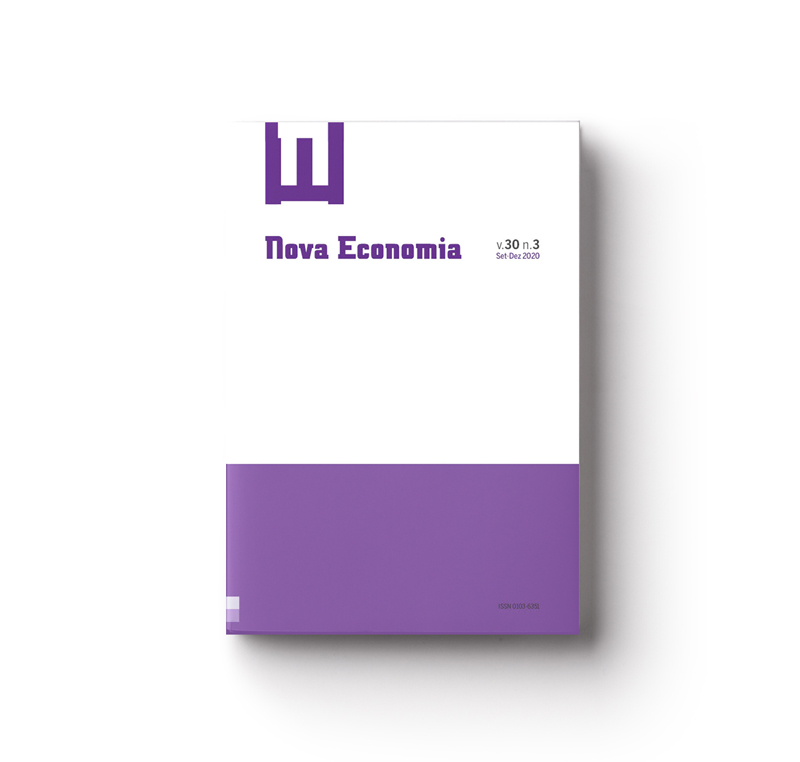Causality in economics with time series data: a guided tour since Classical Antiquity
Keywords:
Causalidade, causalidade à Granger, Comissão Cowles, filosofia da ciênciaAbstract
This paper frames the study of causality in economics, with time series data, within the broader context of the philosophical question of causality. To that purpose, we demonstrate that the spectrum of existing approaches in Economics results from the responses that have been given, so far, to the ontological, epistemological and pragmatic problems of causality within this discipline. We further conclude that, far from being the only possible, correct or adequate answer, the ubiquitous Granger causality is just one of those answers. In a broader perspective, our work provides a concise but articulated and historically grounded view of the origins, evolution, and problematics of the analysis of causality in Economics.
Downloads
Published
How to Cite
Issue
Section
License
Copyright (c) 2021 Nino Fonseca, Marcelino Sánchez-Rivero

This work is licensed under a Creative Commons Attribution 4.0 International License.
Authors who publish with this journal agree to the following terms:
- Authors retain copyright and grant the journal right of first publication with the work simultaneously licensed under a Creative Commons Attribution 4.0 International License that allows others to share the work with an acknowledgement of the work's authorship and initial publication in this journal.
- Authors are able to enter into separate, additional contractual arrangements for the non-exclusive distribution of the journal's published version of the work (e.g., post it to an institutional repository or publish it in a book), with an acknowledgement of its initial publication in this journal.
- Authors are permitted and encouraged to post their work online (e.g., in institutional repositories or on their website) prior to and during the submission process, as it can lead to productive exchanges, as well as earlier and greater citation of published work (See The Effect of Open Access).




